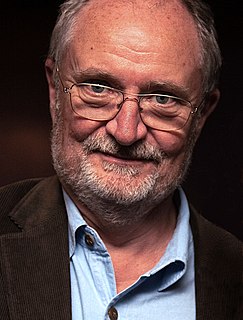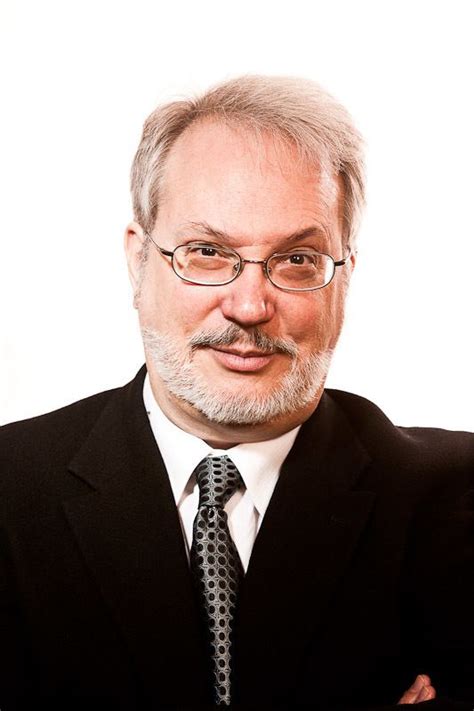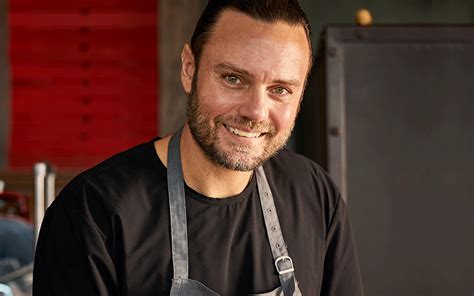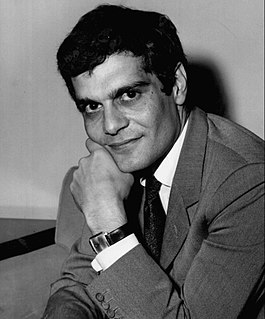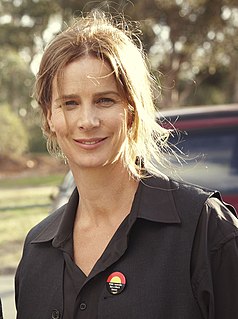A Quote by Ronald Frame
I like French films, Chabrol in particular. With him, you often get a skewed morality in which you sympathise with the person you shouldn't.
Related Quotes
If we can sympathise only with the utterly blameless, then we can sympathise with no one, for all of us have contributed to our own misfortunes - it is a consequence of the human condition that we should. But it does nobody any favours to disguise from him the origins of his misfortunes, and pretend that they are all external to him in circumstances in which they are not.
I love French films, and European films. They're not any bigger, but there's just a sort of definition, and a confidence, and strength to them. I'd always, given the option, go and see a French drama. Obviously, we probably get the better ones. But they're just sophisticated on many levels, and grown up, and quite profound - and we don't make films like that.
The whole meaning of morality is a rule that we ought to obey whether we like it or not. If so, then the idea of creating a morality we like better is incoherent. Moreover, it would seem that until we had created our new morality, we would have no standard by which to criticize God. Since we have not yet created one, the standard by which we judge Him must be the very standard that He gave us. If it is good enough to judge Him by, then why do we need a new one?
We have to know cognitively what another mind is thinking and also empathically what they're feeling. And of course, in general, that's always the case, but it's often very generic. Like with Leo Cullum's doctor, it's just the fact that people in general are cruel and insensitive. But in the Barbara Smaller cartoon, we understand it's this particular person or this specific sub-class of person and her particular needs and desires, and that's different than a pun cartoon in which it's just semantic.
Although I'm not Christian, I was raised Christian. I'm an atheist, with a slight Buddhist leaning. I've got a very strong sense of morality - it's just a different morality than the loud voices of the Christian morality.... I can't tell you how many films I've turned down because there was an absence of morality. And I don't mean that from any sort of Judeo-Christian-Muslim point of view. I'm not saying they're wrong and can't be made. But, fundamentally, I'm such a humanist that I can't bear to make films that make us feel humanity is more dark than it is light.


